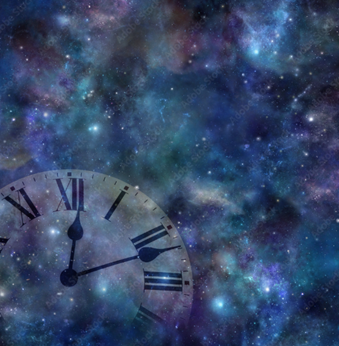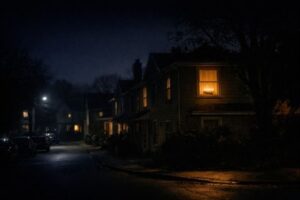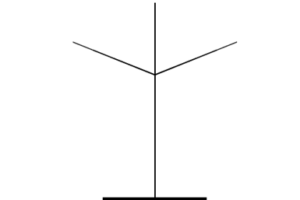I enjoyed a wonderful shabbat in a special shul this morning in Miami.
It was quite an unusual service for a number of reasons, some physical and some mystical. A friend invited me to a local shul which has an innovative congregation space. There was plenty of flexible furniture to accommodate a traditional prayer format as well as group dancing – which happens each service and contributes to the energy. We also created a sharing and discussion circle to study and learn about the parshah of the week. Under the leadership of a wonderful rabbi, we formed a community of open sharing and caring.
A visiting rabbi spoke and began by saying that this unique shul experience could be “only in Miami.” He then talked about the bold vision announced by a world leader for a provocative solution for Middle East Peace.
What came to my mind was the saying taught to me by a friend and mentor, many many years ago: “You cannot believe what you cannot imagine; so widen your scope of imagination.” Many people are stuck in the immediate concerns of the past when trying to imagine solutions for the future.
I looked to the torah as we studied Exodus 14 about the Children of Israel crossing the Sea of Reeds from Egypt to the Wilderness. I have often thought about the journey of Exodus, going from slavery in Egypt to wandering in the wilderness and then ultimately reaching the promised land.
In terms of intertemporal explanation, I believed that this was 3 time periods: past, present, and future. Freeing ourselves from our past slavery (the metaphor of Pharoah) and then being present in the wilderness for 40 years and experiencing mindfulness and growth, and then being ready to achieve and reach the future of the promised land.
Today, I thought of a fourth time period… tomorrow.
I remember when my mom (of blessed memory) took me to see the Broadway Show, Annie in 1977. The child prodigy, Andrea McArdle passionately sang the signature song, “Tomorrow”
The sun’ll come out
Tomorrow
Bet your bottom dollar
That tomorrow there’ll be sun
Just thinkin’ about
Tomorrow
Clears away the cobwebs
And the sorrow ’til there’s none
When I’m stuck with a day
That’s gray and lonely
I just stick out my chin
And grin and say, oh
The sun’ll come out
Tomorrow
So ya gotta hang on
‘Til tomorrow come what may
Tomorrow, tomorrow
I love ya tomorrow
You’re always, a day away
When I thought of tomorrow in the context of today’s shabbat discussion, I realized that there can be four time periods: Past, present, tomorrow, and then the future.
In the discussion of this bold visionary leader, many pedestrian leaders think about “the day after” the simple time period of tomorrow. Of course, this state is important, but it is still primarily anchored to the past. To truly see the future, you need to go beyond tomorrow.
Sheikh Mohammed, the Ruler of Dubai, boldly stated “For some the sky is the limit, for Dubai, it is just the beginning”
In the book of Genesis, God tells Abraham that his descendants will be as numerous as the stars in the sky, marking a profound promise for the future of Abraham’s lineage. The key moment occurs in Genesis 15:5, where God says:
“Look up at the sky and count the stars—if indeed you can count them. Then he said to him, ‘So shall your offspring be.'”
This vision is seen as a promise that Abraham’s descendants would be many. It can also be interpreted as a broader spiritual metaphor for future generations of believers.
This passage reveals God’s vision for future generations in a symbolic and meaningful way. The stars in the sky often represent something infinite and far-reaching, suggesting that God’s vision for the generations to come extends far beyond what Abraham could perceive at the time.
Imagine that Abraham saw God’s vision with a sense of wonder. This became his faith and covenant with God.
I thought about the words: impressed and amazed in the context of seeing something. Somehow, they feel connected to the present or past.
These words involve constraint by the current gravitational impact on earth. When I think of the word “Wonder” it seems to fill the soul with awe and detached observation outside the scope of current existence.
Accordingly, I believe that we can utilize the four time periods: past, present, tomorrow, and the fervent faith and hope of the future. To experience a world full of wonder, we need free ourselves of fear and constraints.
I would like to share the following linguistic exercises to experience intertemporal explanations:
Never Not yet:
-
- When someone asks you, have you ever been to or done something, and you reply “never”, it creates an obstacle of your mind and impediment in your heart.
- Try saying “not yet” and it opens the possibilities for the future.
- Try to make your Nevers now…but not always,
- One Day can then become Day One
Impossible vs. I’m Possible:
- I like to put the “’” into impossible to make it I’m possible!
Appendix
Enjoy a haiku inspired by this blog:
Wonder sparks the mind,
Beyond tomorrow, we strive,
Future’s hope unfolds.






